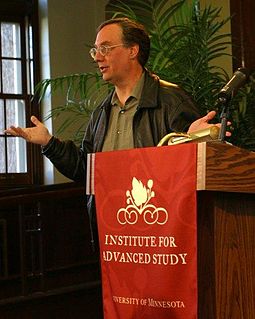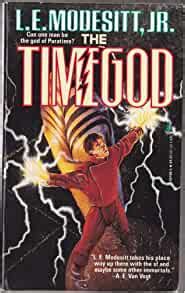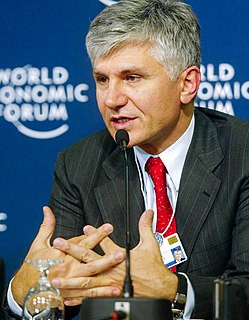A Quote by Juan Cole
Take the decision in early March to arrest Muqtada al-Sadr. It was made apparently without knowledge or understanding of the nature of his movement or how widespread it is.
Related Quotes
Muqtada belongs to the most famous religious family in Iraq, which is the al-Sadr family. He's really the third in line. [Muqtada's father] drew his power from the first really important al-Sadr, Muhammad Baqir, who was executed by Saddam in 1980, together with his sister. So it's really a family of martyrs, and that's why Muqtada suddenly emerged from nowhere with the fall of Saddam.
How do we know when someone like Hasan is going to make his move and do we know he's an Islamist until he's made his move? He makes a phone call or whatever, according to Reuters right now. Apparently he tried to contact al-Qaida. Is that the point at which you say, "This guy is dangerous?" That's not a crime to call up al-Qaida, is it? Is it? I mean, where do you stop the guy?
Hire and promote first on the basis of integrity; second, motivation; third, capacity; fourth, understanding; fifth, knowledge; and last and least, experience. Without integrity, motivation is dangerous; without motivation, capacity is impotent; without capacity, understanding is limited; without understanding, knowledge is meaningless; without knowledge, experience is blind. Experience is easy to provide and quickly put to good use by people with all the other qualities.
Of true knowledge at any time, a good part is merely convenient, necessary indeed to the worker, but not to an understanding of his subject: One can judge a building without knowing where to buy the bricks; one can understand a violin sonata without knowing how to score for the instrument. The work may in fact be better understood without a knowledge of the details of its manufacture, of attention to these tends to distract from meaning and effect.
Oh, how one wishes sometimes to escape from the meaningless dullness of human eloquence, from all those sublime phrases, to take refuge in nature, apparently so inarticulate, or in the wordlessness of long, grinding labor, of sound sleep, of true music, or of a human understanding rendered speechless by emotion!
The best-informed man is not necessarily the wisest. Indeed there is a danger that precisely in the multiplicity of his knowledge he will lose sight of what is essential. But on the other hand, knowledge of an apparently trivial detail quite often makes it possible to see into the depth of things. And so the wise man will seek to acquire the best possible knowledge about events, but always without becoming dependent upon this knowledge. To recognize the significant in the factual is wisdom.
What made al-Awlaki so influential is that, unlike a number of leaders of al Qaeda such as Osama bin Laden, he was a cleric, so he could present himself as a leading religious figure. Second, because al-Awlaki had spent much of his adult life in the States, he communicated with his followers in colloquial, accessible American English.
Even those who have desired to work out a completely positive philosophy have been philosophers only to the extent that, at the same time, they have refused the right to install themselves in absolute knowledge. They taught not this knowledge, but its becoming in us, not the absolute but, at most, our absolute relation to it, as Kierkegaard said. What makes a philosopher is the movement which leads back without ceasing from knowledge to ignorance, from ignorance to knowledge, and a kind of rest in this movement.




































